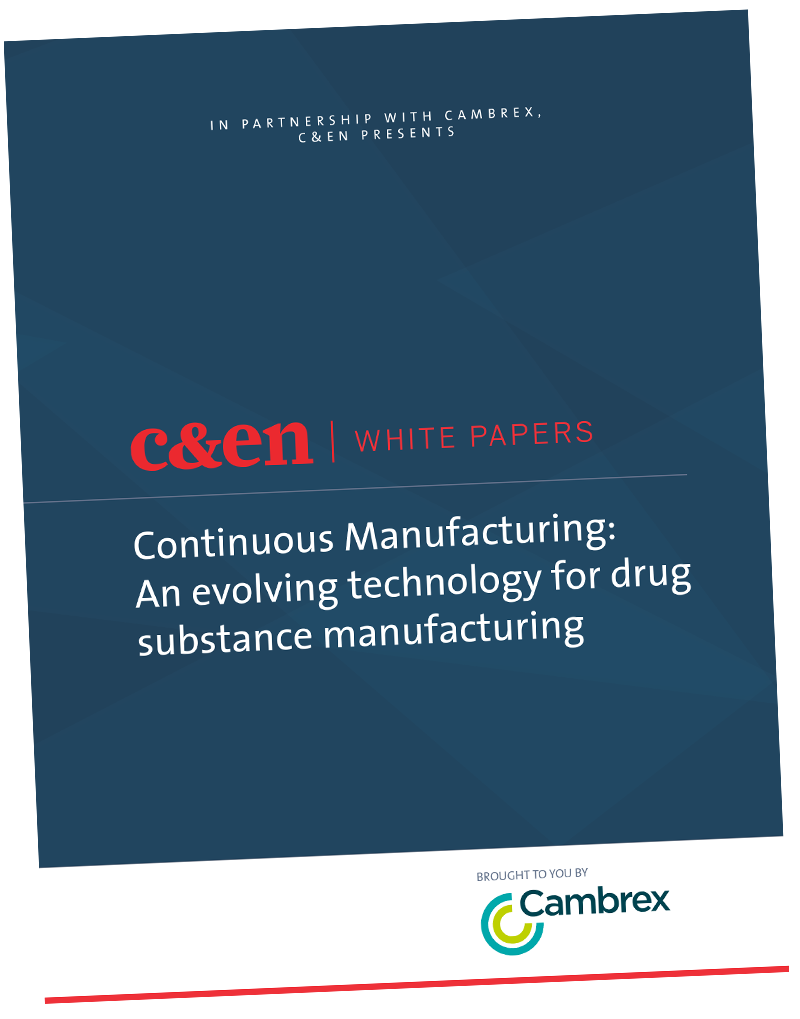
Continuous Manufacturing: An evolving technology for drug substance manufacturing
Brought to you by Cambrex
Overview

Continuous chemical manufacturing technology has been in use for more than 100 years producing high-volume commodity chemicals. However, it was not until the early 2000s that the technology caught the attention of the pharmaceutical industry in a significant way, and it has since revolutionized the production of pharmaceuticals. In this article, Matthew Bio, Chief Scientific Officer at Cambrex, discusses how continuous manufacturing has become integral to the pharmaceutical industry.
Key Objectives:
- Utilization of continuous manufacturing in a hybrid approach alongside batch processing to address specific technical challenges in drug substance manufacturing.
- Enablement of new synthetic methodologies and complex chemistries, such as organometallic reactions, unstable reagents, high-temperature reactions, and photochemistry.
- Development of membrane technologies – techniques like tangential flow filtration, nanofiltration, and pervaporation are integrated into continuous manufacturing to enhance purification and reaction processes.
- Expected growth of continuous manufacturing as synthetic drug substances become more complex, integrating methodologies like photochemistry and electrochemistry.
Brought to you by:

This content was created by Cambrex, without editorial input from the C&EN Media Group. For more information on C&EN's custom products, visit our C&EN Media Kit.
Please complete the form to download the white paper.
* By submitting this form, you agree to receive more information on related products and services from the American Chemical Society and its sponsor via email. You understand that you can withdraw your consent at any time. ACS takes your privacy seriously. For more information, please see the ACS Privacy Policy.
Copyright © 2025 American Chemical Society | 1155 Sixteenth Street NW | Washington, DC 20036 | View our Privacy Policy